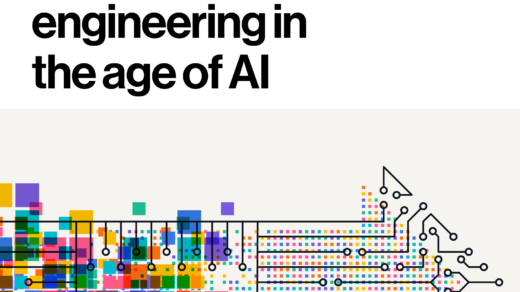Robotaxi companies must do more to prove safety, Waymo co-CEO says
Waymo co-CEO Takedra Mawakana urged rival autonomous vehicle companies to be more transparent about their safety data during an interview at TechCrunch Disrupt 2025. She said that companies removing human drivers from vehicles have a responsibility to prove their technology makes roads safer.


